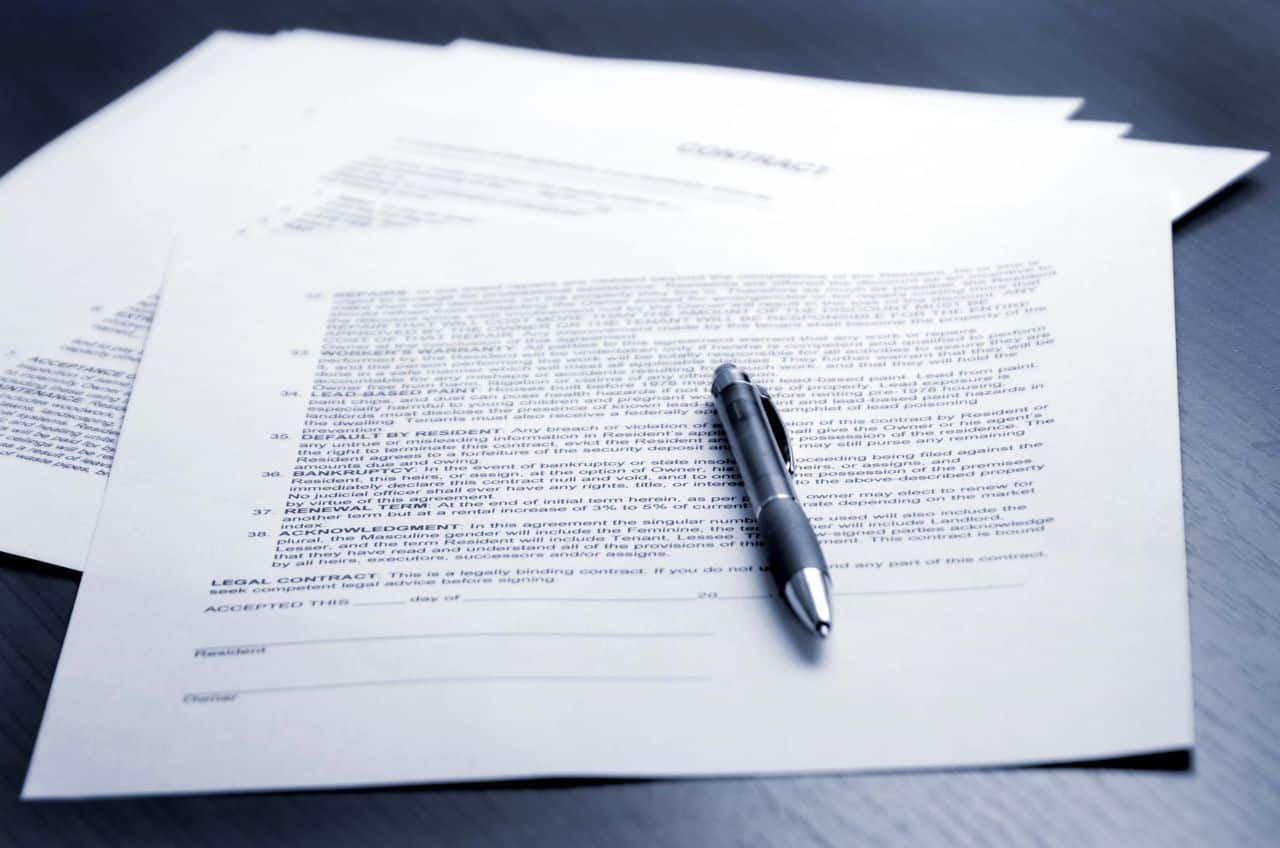
1. Do I have to sign the paperwork right away?
Insurance documents can be technical and confusing. Before signing any paperwork, make sure you fully understand what you are agreeing to. Research any terminology or phrases you do not understand. Do not be afraid to contact your insurance adjuster and ask any questions you may have concerning the documents they want you to sign. If you sign the paperwork too soon, you may jeopardize your chances of receiving a fair property damage settlement.
2. Can I keep the rental car as long as I need it?
Do not keep the rental car longer than the insurance company permits. You will have to pay for any additional charges. The insurance company will provide a rental vehicle from the date of the accident until they make a “reasonable offer” for your car. Return the rental car the moment the adjuster tells you to, even if your settlement check has not arrived.
Related: Tips On Settling A Kentucky Damage Claim
3. Should I have my own insurance company handle the property damage?
Even though the accident was not your fault, your own insurance company may offer to handle the property damage claim. This has pros and cons. Typically, your own insurance company can handle the claim much faster than the at-fault driver’s insurance company. The at-fault driver’s insurance company will not provide you with a rental car or work on the body damage until they’ve spoken with their insured. They may also wait until they have obtained a copy of the full police report. Your own insurance company will be able to move forward without this information. However, your own insurance company will require you to pay your deductible. This will be deducted from your settlement check. This can be a financial hardship for some people. Rest assured that once the at-fault driver’s insurance company accepts responsibility for the accident, they will reimburse your insurance company for the property damage claim and your deductible.


